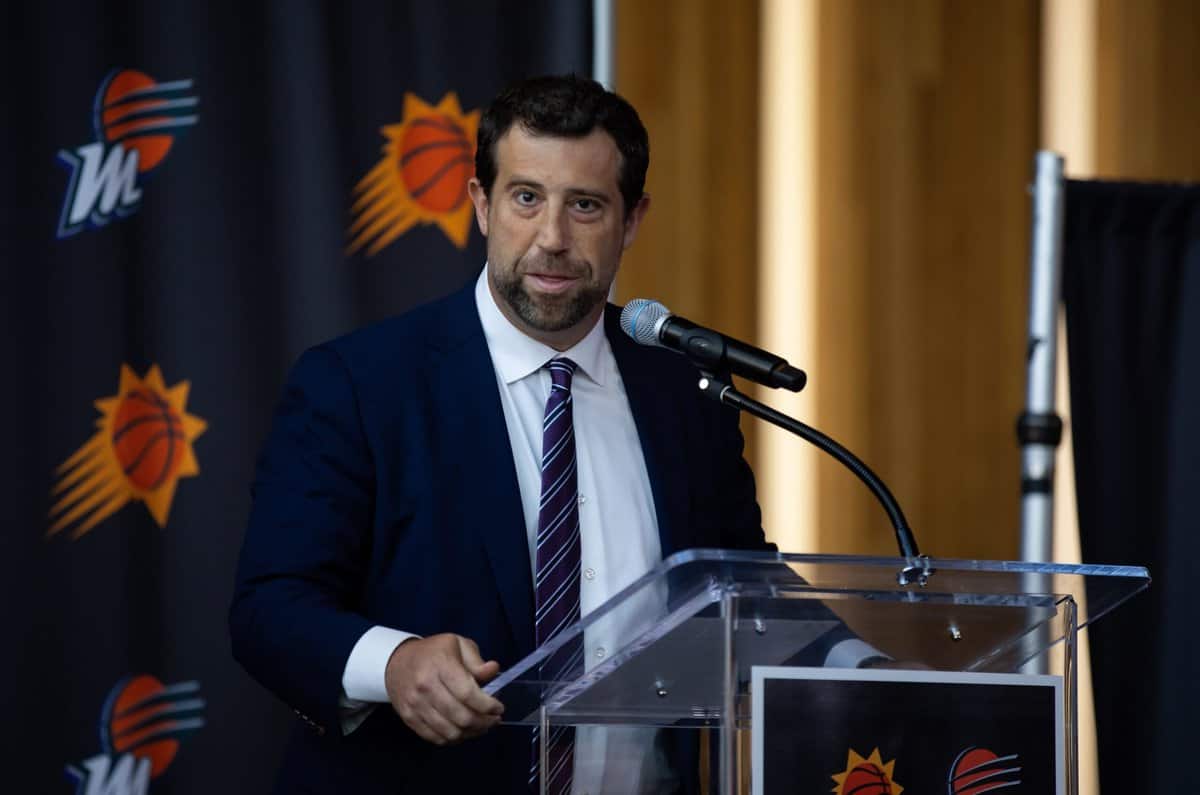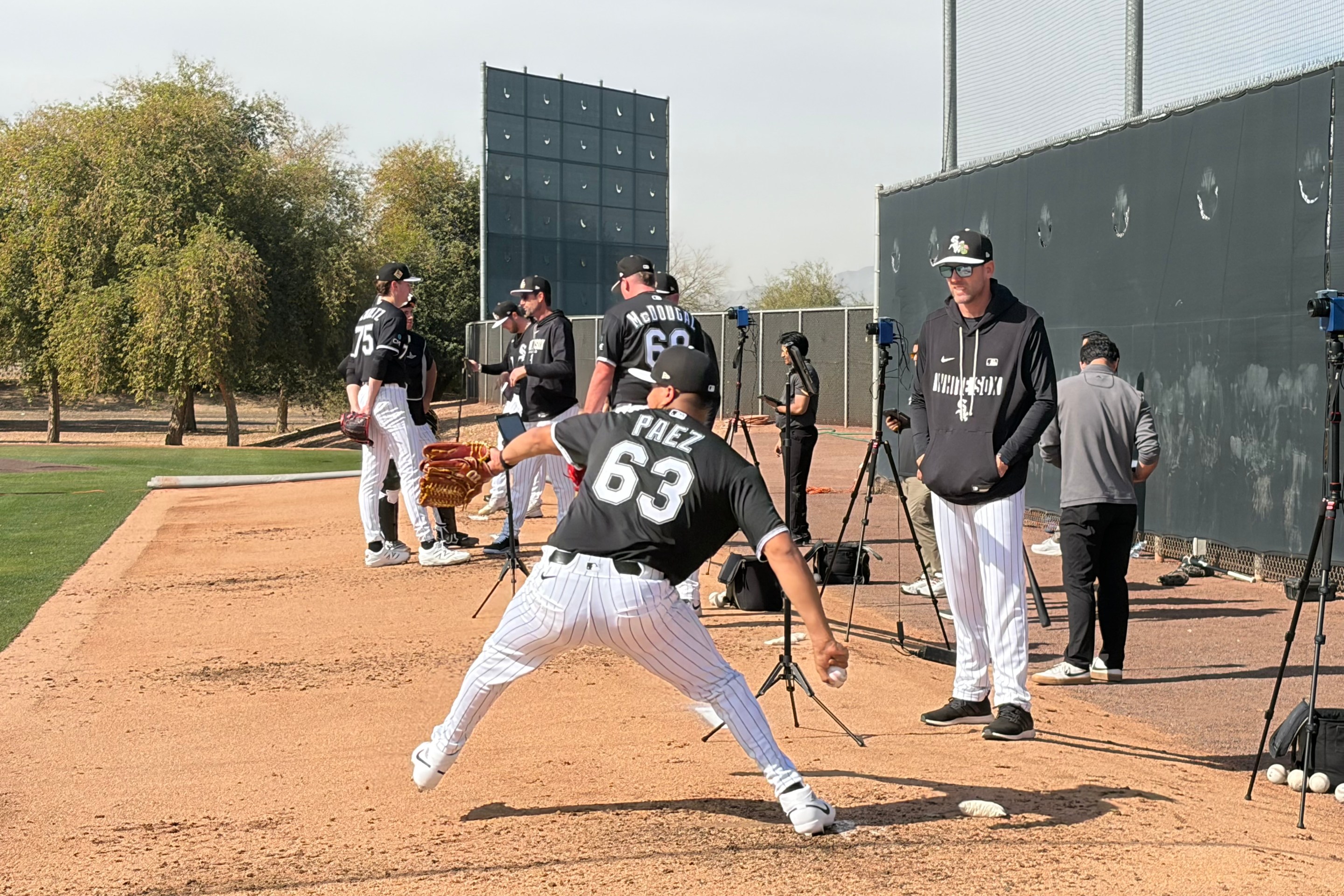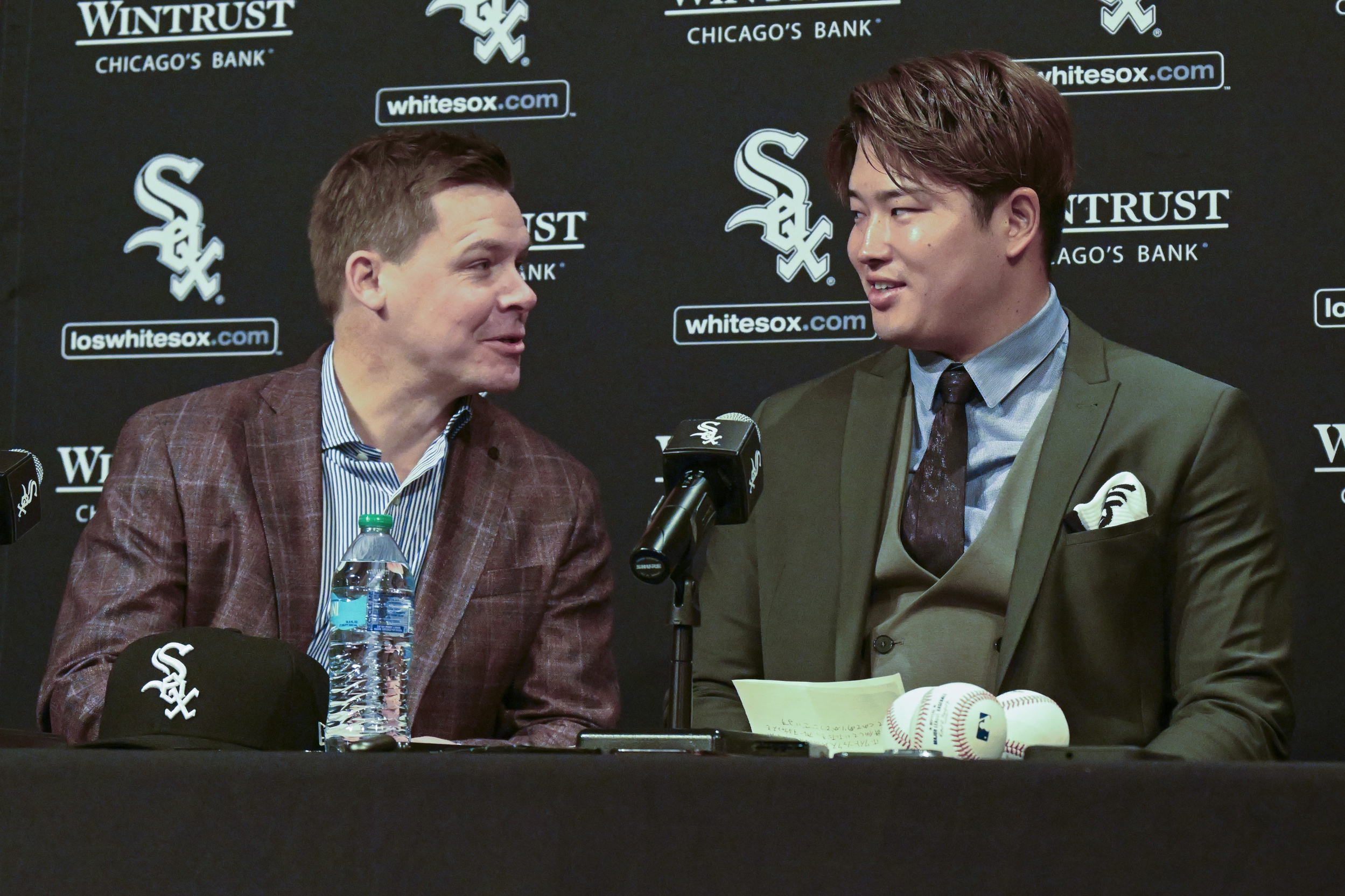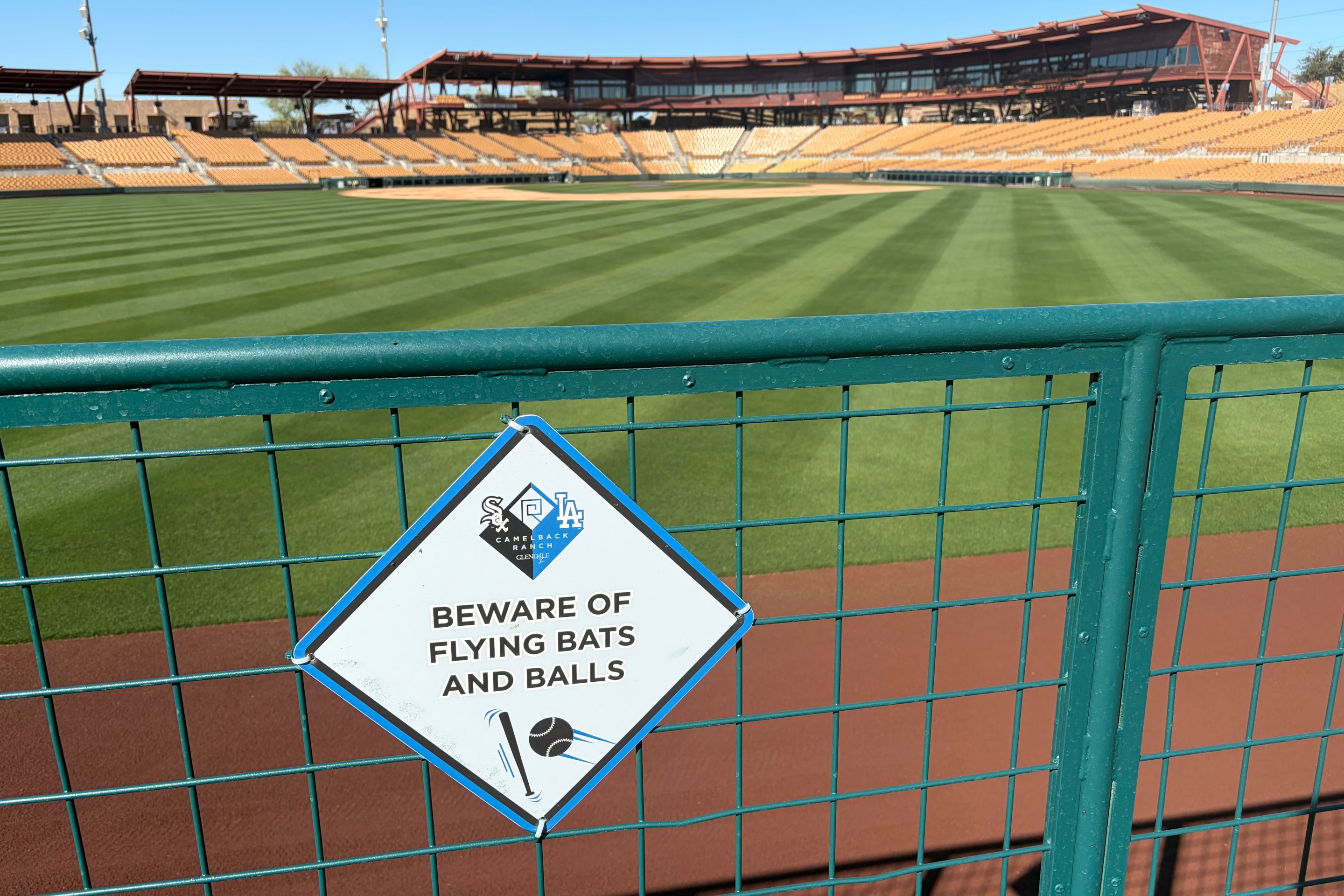In what could be the most significant White Sox ownership development in decades, Jon Greenberg is reporting that Justin Ishbia, the Chicago-area billionaire who owns the Phoenix Suns and Phoenix Mercury with his brother Mat, is pivoting away from his bid to buy the Minnesota Twins in order to increase his minority stake in the White Sox.
Writes Greenberg:
The deal, which is being brokered by Chicago-area investment advisors BDT & MSD Partners, still needs league approval, according to a source briefed on discussions. But another source said that if Justin Ishbia takes control of the White Sox, he would be the lead and his brother Mat would be an investor, the reverse of the arrangement they have in Phoenix, where they own the NBA’s Suns and the WNBA’s Mercury.
White Sox limited partners were recently informed that an investor wanted to buy their shares at a franchise valuation around $1.8 billion, according to people briefed on the discussions who were not authorized to speak publicly. While they aren’t required to sell, their stakes would be diluted by this new investor. The deadline for their decision is next Friday.
Ishbia's name has hummed in the background since Britt Ghiroli of The Athletic reported that Reinsdorf was interested in selling last Octdober, even though Dave Stewart was named as the potential buyer in that story (Stewart has since returned to the formerly Oakland A's in a front office role). The Ishbias had bought a small stake in the White Sox back in 2021, which Sportico reported last month because their pursuit of the Twins would have eventually required them to sell their shares in the Sox.
(Ishbia is also a minority owner of the MLS' Nashville SC, because there's always a Nashville tie-in these days.)
The one sticking point thus far -- along with the need for league approval whenever the deal is ready -- is that Scott Reifert responded to Greenberg saying this development "has no impact on the leadership or operations of the Chicago White Sox and does not provide a path to control," which is contrary to what Greenberg heard. That dissenting viewpoint -- that the deal will allow Ishbia to take control of the team at some point by buying the shares of longtime owner Jerry Reinsdorf and other partners" -- is also referenced in Dan Hayes' corresponding article about what this means for the Twins.
Whether there is truly a dispute about long-term implications or the White Sox merely wish to announce the transition on their own terms, the Reinsdorf family had been taking a growing ownership stake of the team. Michael and Jonathan Reinsdorf bought some shares at a significantly lower valuation in 2021, which could theoretically help untangle the complicated structure whenever the intent to sell arises.
You can find one potential roadmap for a possibly lengthy process within the division, as back in 2022, the Guardians added a successor to their ownership group in David Blitzer. He reportedly purchased 25 to 30 percent of the team with the intent to take the reins from Paul Dolan in five years. Blitzer's presence hasn't changed the mode of operation in Cleveland thus far, as FanGraphs estimates the Guardians' 2025 payroll at $100 million, which would be down from $104 million last year. The White Sox front office is similarly constrained by a revenue situation currently viewed as grim, but rescue from that situation is a ways off in any scenario.
The bigger immediate impact is that Ishbia's move forces the Pohlad family in Minnesota back to the drawing board. Hayes says Ishbia was far enough along in the process that he could've been in position to own the team by Opening Day, but now "everything is on the table." Perhaps it merely delays the sale of the team, because Ishbia's bid advanced quickly enough to leave other interested parties discouraged about their own chances, and maybe now one will surface.
Conversely, Arte Moreno put the Angels on the block and the Lerner family explored selling the Nationals, only to pull them from the market. This week, an MLB.com story said that Moreno still had no plans to sell in Anaheim, and a Washington Post story said the Lerners are "in it for the long haul."






